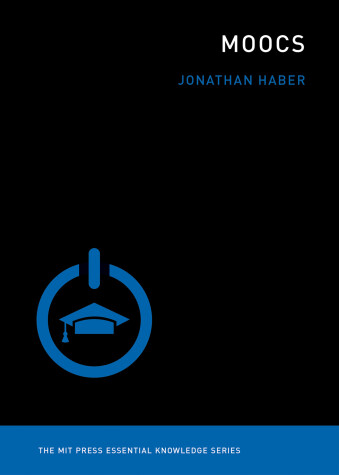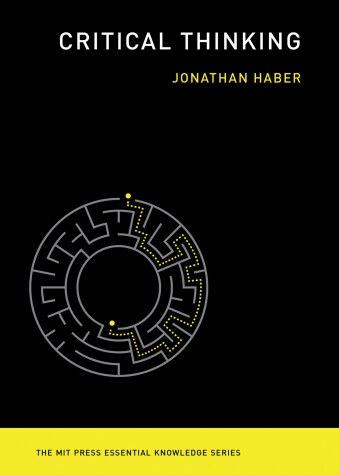MIT Press Essential Knowledge
2 total works
Everything you always wanted to know about MOOCs: an account of massive open online courses and what they might mean for the future of higher education.
The New York Times declared 2012 to be "The Year of the MOOC" as millions of students enrolled in massive open online courses (known as MOOCs), millions of investment dollars flowed to the companies making them, and the media declared MOOCs to be earth-shaking game-changers in higher education. During the inevitable backlash that followed, critics highlighted MOOCs' high dropout rate, the low chance of earning back initial investments, and the potential for any earth-shaking game change to make things worse instead of better. In this volume in the Essential Knowledge series, Jonathan Haber offers an account of MOOCs that avoids both hype and doomsaying. Instead, he provides an engaging, straightforward explanation of a rare phenomenon: an education innovation that captures the imagination of the public while moving at the speed of an Internet startup.
Haber explains the origins of MOOCs, what they consist of, the controversies surrounding them, and their possible future role in education. He proposes a new definition of MOOCs based on the culture of experimentation from which they emerged, and adds a student perspective-missing in most MOOC discussion. Haber's unique Degree of Freedom experiment, during which he attempted to learn the equivalent of a four-year liberal arts degree in one year using only MOOCs and other forms of free education, informs his discussion.
Haber urges us to avoid the fallacy of thinking that because MOOCs cannot solve all educational challenges they are not worth pursuing, and he helps us understand what MOOCs-despite their limitations-still offer the world. His book is required reading for anyone trying to sort out the competing claims, aspirations, and accusations that color the MOOC debate.
Critical thinking is regularly cited as an essential twenty-first century skill, the key to success in school and work. Given our propensity to believe fake news, draw incorrect conclusions, and make decisions based on emotion rather than reason, it might even be said that critical thinking is vital to the survival of a democratic society. But what, exactly, is critical thinking? In this volume in the MIT Press Essential Knowledge series, Jonathan Haber explains how the concept of critical thinking emerged, how it has been defined, and how critical thinking skills can be taught and assessed.
Haber describes the term's origins in such disciplines as philosophy, psychology, and science. He examines the components of critical thinking, including structured thinking, language skills, background knowledge, and information literacy, along with such necessary intellectual traits as intellectual humility, empathy, and open-mindedness. He discusses how research has defined critical thinking, how elements of critical thinking have been taught for centuries, and how educators can teach critical thinking skills now.
Haber argues that the most important critical thinking issue today is that not enough people are doing enough of it. Fortunately, critical thinking can be taught, practiced, and evaluated. This book offers a guide for teachers, students, and aspiring critical thinkers everywhere, including advice for educational leaders and policy makers on how to make the teaching and learning of critical thinking an educational priority and practical reality.

